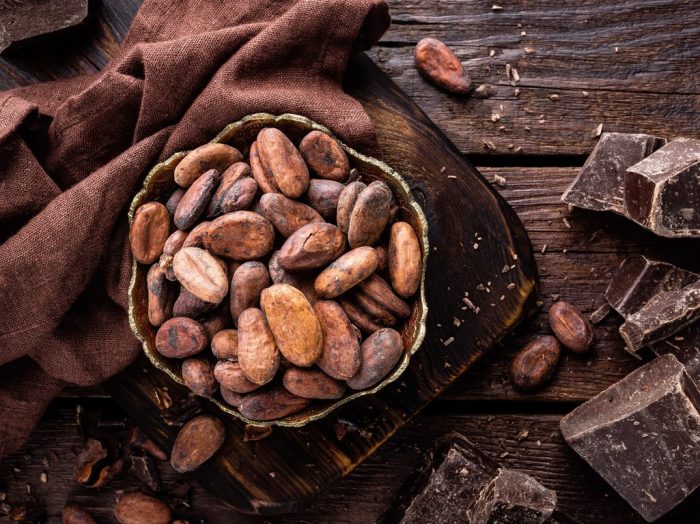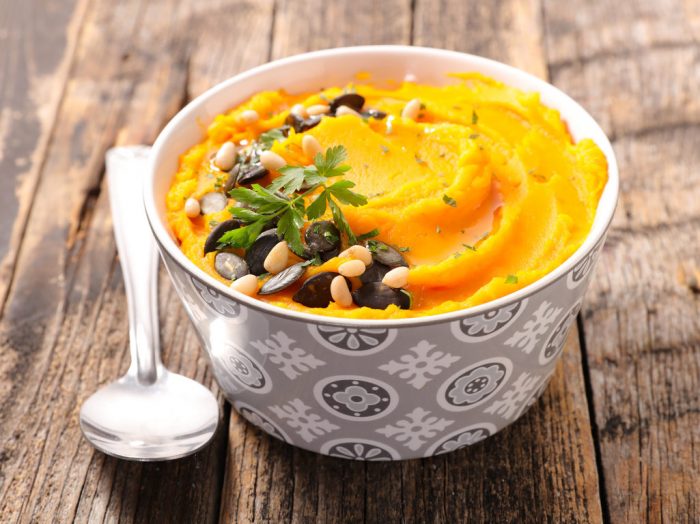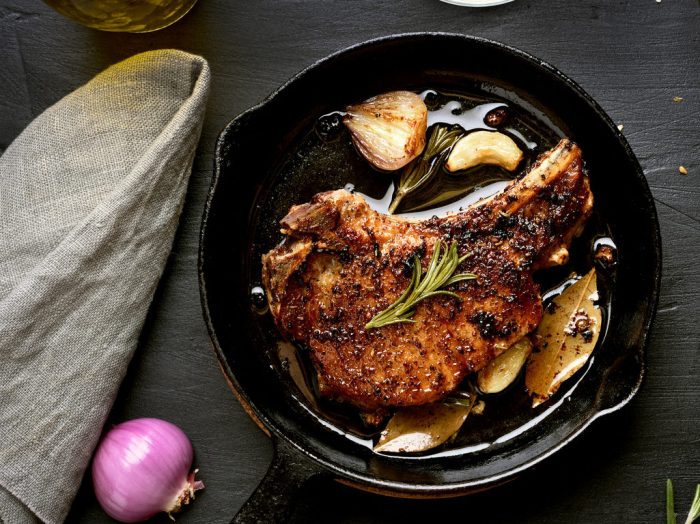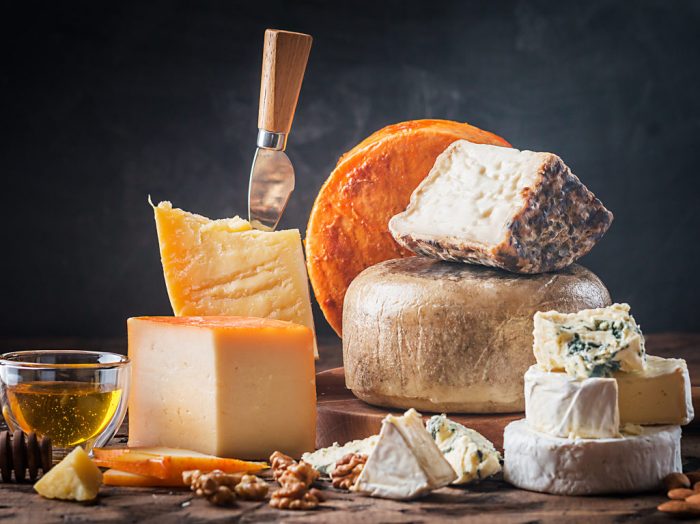It’s been sold as a miracle food, as many ‘superfoods’ have in the past. But what are the pros and cons of dark chocolate? And is it as good for you as they say?
I’m aware that I’ve outed myself as a Star Wars geek with the title of this piece, but it’s not really an outing: it says that I’m a pop culture nerd right in the bio below every article. And lately, I’ve been fascinated by how the consumption of many foods has both advantages and disadvantages. So which are the pros and cons of dark chocolate, I asked myself? To be honest, I asked myself this while I was in Brussels the past weekend, nibbling on a bar of dark chocolate with a hint of sea salt, never wanting it to end.
The situation is complicated by recent information that shows how the chocolate industry has basically lobbied for the promotion of dark chocolate as a superfood, in order to, gasp, sell as much of it as possible.
So let’s be clear: if there’s a type of chocolate that may be healthy, then dark chocolate is the one because it contains way less sugar than milky chocolate with all of its myriad flavors.
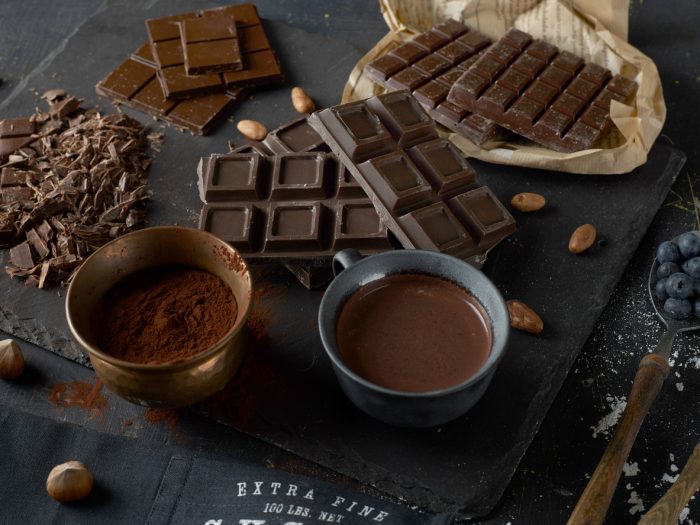
The pros and cons of dark chocolate
Pro: it’s nutritious
A 3 ounce (100 grams) bar of chocolate has 11 grams of fiber, 67 percent of the recommended daily intake for iron, 98 percent of the RDI for manganese, 89 percent of the RDI for copper, 58 percent of the RDI for magnesium, and also some potassium, phosphorus, zinc, and selenium.
Con: it has many calories
All of the benefits I just mentioned are for a whole bar, which has about 600 calories. And still a bit of sugar. So you definitely shouldn’t eat that much if you’re counting your calories. That means that you don’t get as many of the nutrients as you might think.
Pro: It has good fats
The fats in chocolate are really great for you and help you absorb nutrients. And they’re the good kind of fat, mostly saturated and monounsaturated. It does have a bit of polyunsaturated fat in it.
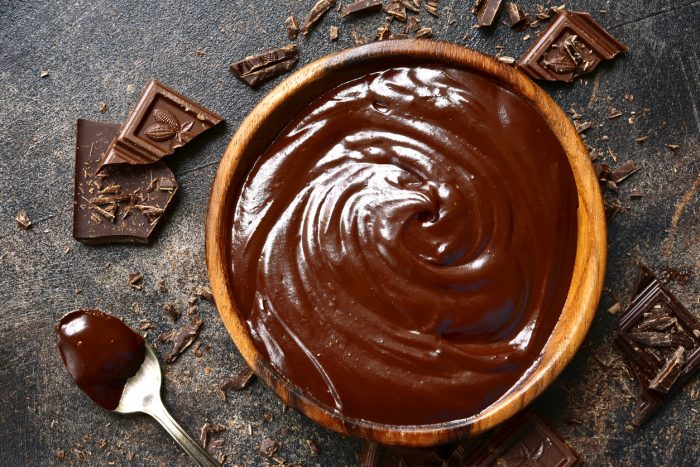
Con: It contains stimulants
If you’re sensitive to stimulants like caffeine and theobromine, then it’s best for you not to have any dark chocolate, because it might make you jittery. However, the amount of stimulants found in dark chocolate isn’t as large as the one in coffee and it’s probably not enough to keep you up at night if you have one or two squares, as a treat.
Pro: It has plenty of antioxidants
Raw and unprocessed cocoa beans have pretty powerful antioxidants that work really well against free radicals. Which means that dark chocolate might protect you from those pesky things. It’s not clear though if they work in the confines of the small recommended dose.
Some studies showed that the antioxidants in dark chocolate like polyphenols, flavanols, and catechins are more potent than the ones in blueberries and acai berries. But take that with a grain of (sea) salt in your dark chocolate square (no, I am not still thinking about that Belgian chocolate bar).
Con: It’s a bit addictive
Some researchers believe that the endorphins released in your system by the consuming of chocolate can lead to states similar to an addiction. It’s not universally acknowledged, so we don’t know exactly. But if you start to crave chocolate uncontrollably, then maybe try to skip a day or try to limit the weekly habit?

